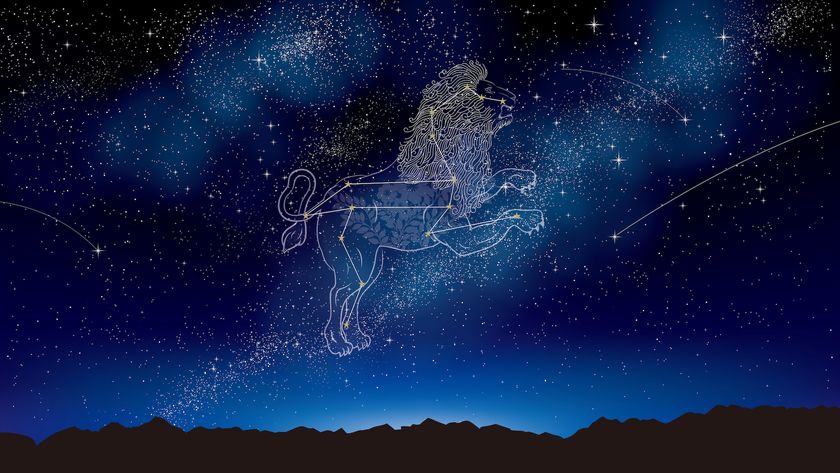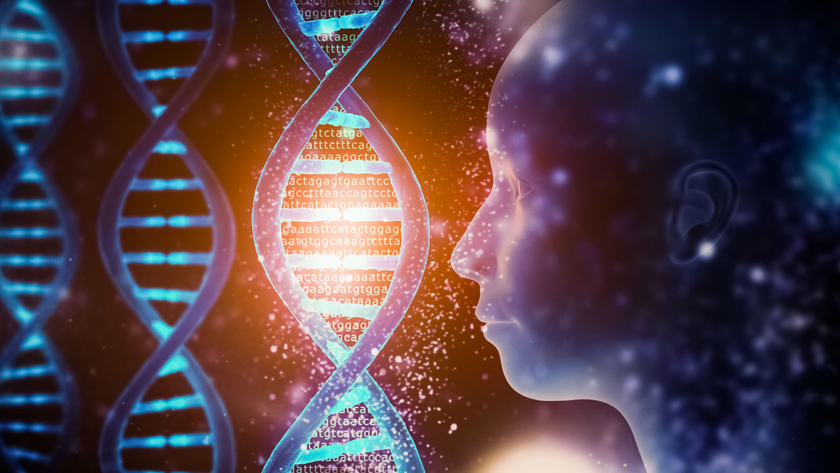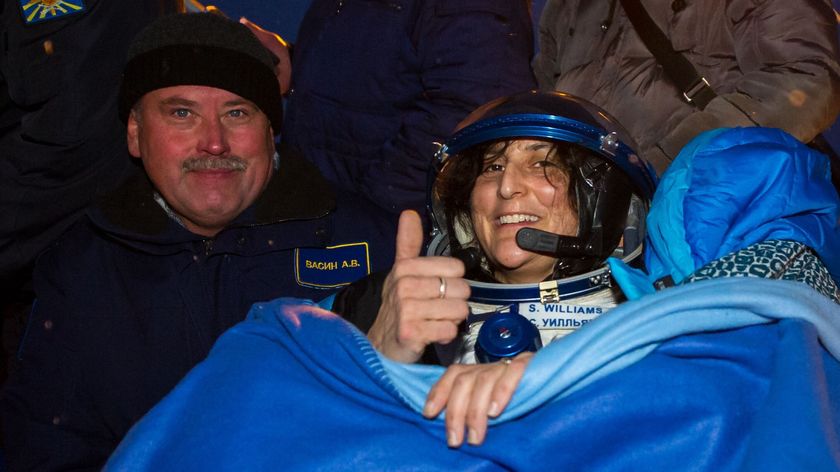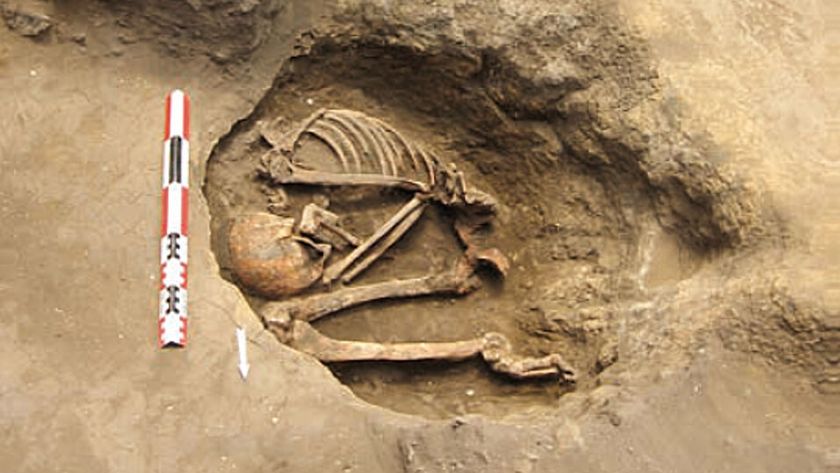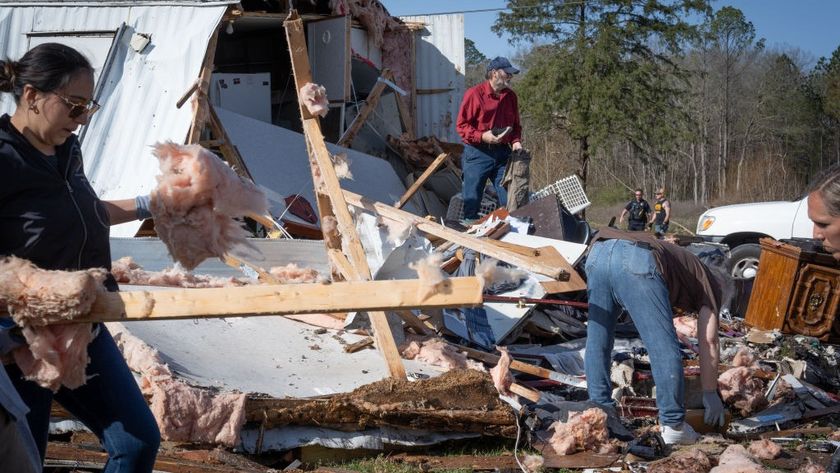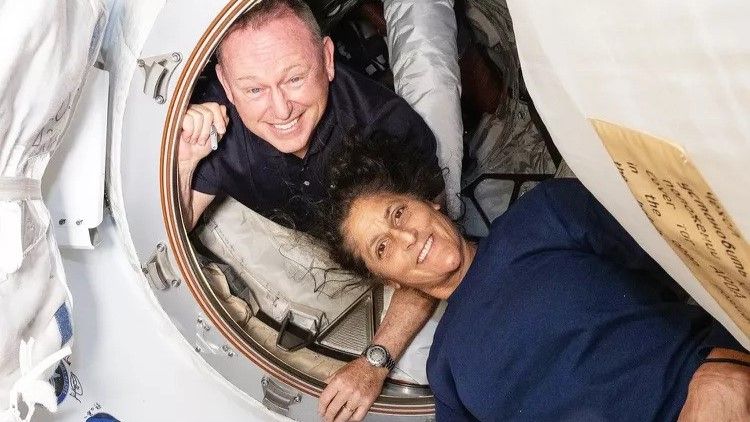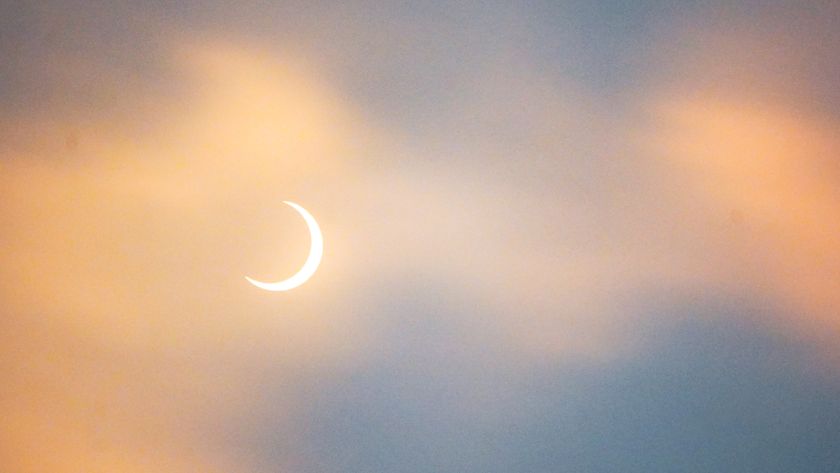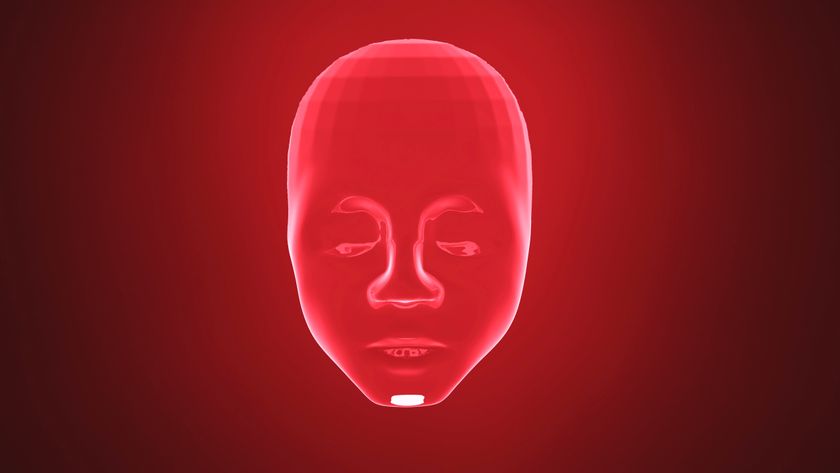Science of Disbelief: When Did Climate Change Become All About Politics?
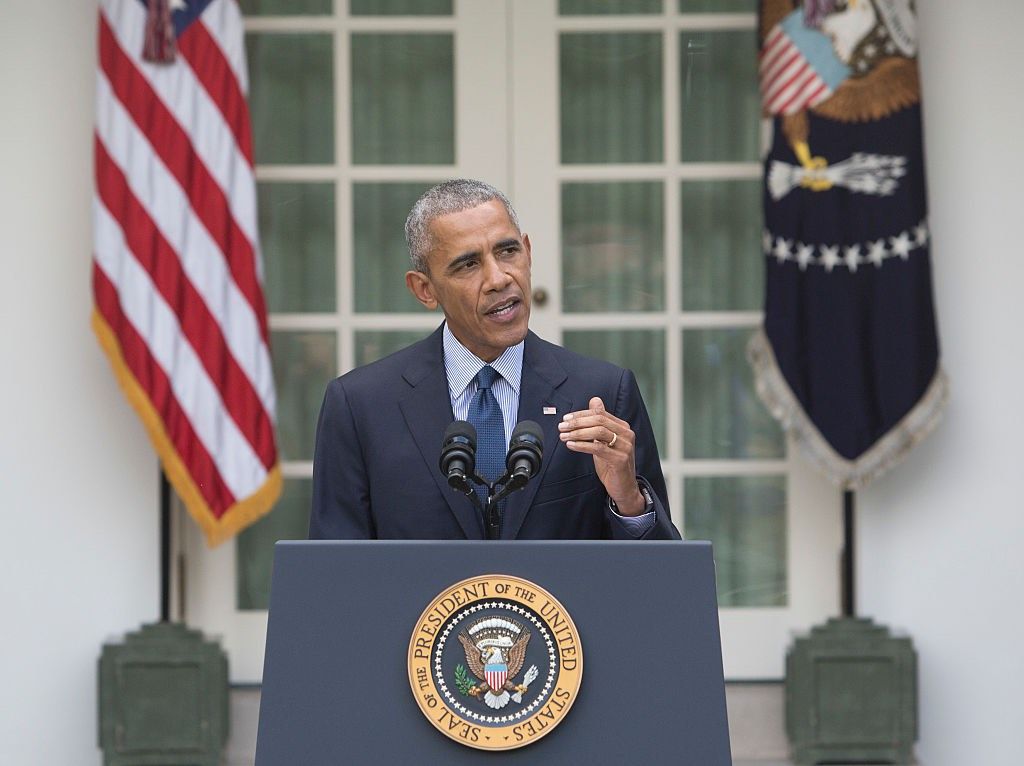
Barely over a quarter of Americans know that almost all climate scientists agree that climate change is happening and that humans are to blame, a new Pew Research Center survey finds.
The survey also reveals a strong split between political liberals and political conservatives on the issue. While 55 percent of liberal Democrats say climate scientists are trustworthy, only 15 percent of conservative Republicans say the same.
The findings are in line with the results of other surveys of the politics of climate change, said Anthony Leiserowitz, director of the Yale Program on Climate Change Communication. Leiserowitz was not involved in the Pew study, but he and his colleagues conduct their own surveys on climate attitudes. [The Reality of Climate Change: 10 Myths Busted]
"The overwhelming finding that they see here is that there's a strong partisan divide on climate change, and that is a pattern we first saw emerge in 1997," Leiserowitz told Live Science.
The partisan gap isn't necessarily set in stone, however, Leiserowitz said. It's actually been narrowing recently — but it remains to be seen how the result of this year's presidential election may affect the divide. [The Reality of Climate Change: 10 Myths Busted]
Trending climate beliefs
Prior to 1997, the two major parties held similar beliefs on the occurrence of human-caused climate change, Leiserowitz said. Right around that time, then-President Bill Clinton and then-Vice President Al Gore took on the issue and pushed for the Kyoto Protocol, an international climate treaty meant to reduce greenhouse gas emissions.
"That's the moment when they come back and say, 'This is a global problem, and the U.S. needs to be part of the solution,' that the two parties begin to diverge," Leiserowitz said.
Sign up for the Live Science daily newsletter now
Get the world’s most fascinating discoveries delivered straight to your inbox.
Since then, the American public's belief that climate change is real has fluctuated. Belief that climate change exists and that it's human-caused began to rise around 2004 and hit a peak around 2007, driven by media coverage of California's climate initiatives under Republican Gov. Arnold Schwarzenegger and the Hollywood film "The Day After Tomorrow," released in 2004. (Really: Leiserowitz's research found that Americans who saw the blockbuster were moved to think climate change is a problem. Al Gore's film "An Inconvenient Truth" was released in 2006 but was seen by far fewer people, Leiserowitz said.)

These numbers waned during the 2008 recession, when the media abruptly stopped talking about climate change and the conservative tea-party wing of the Republican Party gained more power, Leiserowitz said. Belief in man-made climate change bottomed out in 2010 and 2011 but has been creeping upward since then, he said. [6 Unexpected Effects of Climate Change]
"That uptick is not coming from Democrats," he said. "Democrats have not really changed much at all. Independents — their belief that global warming is happening — has increased. But the real shift is happening among Republicans, and most interesting, the biggest shift — 19 percentage points — is among conservative Republicans."
Climate consensus?
But even with those increases, because the percentage of conservative Americans who believed in man-made climate change was so small, the overall proportion of conservatives who believe climate change is caused by human activity is still small. The new Pew survey, conducted between May 10 and June 6, 2016, found that 48 percent of Americans overall believe that the Earth is warming mostly because of human activity. Seventy-nine percent of liberal Democrats held that belief, compared with 63 percent of moderate Democrats, 34 percent of moderate Republicans and 15 percent of conservative Republicans.
Climate scientists have the trust of far more people on the left side of the political spectrum than the right. Only 9 percent of conservative Republicans believe that climate scientists' findings are usually influenced by the best available evidence, compared with 55 percent of liberal Democrats. Only 7 percent of conservative Republicans and 15 percent of moderate Republicans think climate scientists are motivated by concern for the public's best interest, compared with 31 percent of moderate Democrats and 41 percent of liberal Democrats.
Still, up until last spring, the trends were "moving in a more science-aligned direction," Leiserowitz said. Even members of the Republican establishment had been willing to discuss climate change as a problem, Leiserowitz said, citing former presidential candidate John McCain, who had sponsored and supported climate legislation in the U.S. Senate.
"Then, along comes Donald Trump, and he basically flips over all the card tables," Leiserowitz said. The candidate has called climate change a hoax on multiple occasions and once tweeted that "the concept of global warming was created by and for the Chinese in order to make U.S. manufacturing non-competitive." Trump has also been consistent in calling for less regulation of fossil fuel emissions. [Election Day 2016: A Guide to the When, Why, What and How]
"It's not clear where he has taken the Republican base," Leiserowitz said. The outcome of the election alone won't be enough to determine what kind of collateral damage climate opinion will accrue. Should Trump lose, Leiserowitz said, the Republican Party will have to decide whether to move even more rightward or whether to take a more centrist tack.
However, Americans' views aren't quite as extreme as the political class would make it seem, Leiserowitz said. Yale's surveys found that about 17 percent of Americans are alarmed about climate change, and 10 percent are entirely dismissive. The other 63 percent believe in, and are worried about, climate change to differing degrees.
"Most Americans are actually in the middle, and more of those people in the middle are leaning pretty well toward the scientific consensus," Leiserowitz said.
Original article on Live Science.

Stephanie Pappas is a contributing writer for Live Science, covering topics ranging from geoscience to archaeology to the human brain and behavior. She was previously a senior writer for Live Science but is now a freelancer based in Denver, Colorado, and regularly contributes to Scientific American and The Monitor, the monthly magazine of the American Psychological Association. Stephanie received a bachelor's degree in psychology from the University of South Carolina and a graduate certificate in science communication from the University of California, Santa Cruz.


